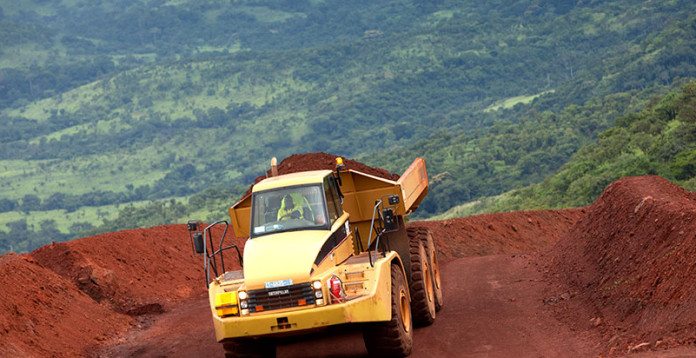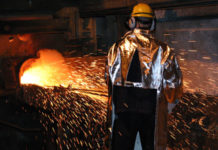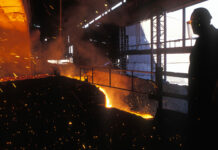
RIO Tinto could face major new capital commitments after Guinea’s government demanded the mining group establish downstream processing for its Simandou iron ore, rather than simply exporting raw materials abroad.
The West African nation has intensified pressure on mining companies to build domestic refineries, previously stripping bauxite operators including Emirates Global Aluminium of licences over delayed local processing commitments.
Guinea’s planning and international cooperation minister, Ismael Nabe, told the Australian Financial Review in a recent interview. “We want to build a refinery in Guinea. That’s our game plan. We are going to build refineries, be they for bauxite or iron ore”.
The intervention comes just months before Rio’s Simfer consortium – including Chinese partners Baowu and Chinalco—begins initial shipments from the $23.2bn project in November. Simandou encompasses two mines, a 650 kilometre railway network, and port infrastructure, representing Africa’s largest mining development.
Whilst the current blueprint excludes major ore processing, Rio said it was exploring alternatives including intermediate processing options. A company spokesman confirmed feasibility studies for a pellet plant, which would transform iron ore into enriched steelmaking feedstock.
Simandou’s ore has 65% iron content, substantially exceeding the Pilbara’s 55-62% grades. The project anticipates annual production reaching 120 million tons, raising concerns among Australian producers about potential market displacement, said the AFR.
Rio has already adjusted its benchmark Pilbara Blend Fines specification, permanently reducing iron content for the first time since the product’s introduction eighteen years ago. The development underscores growing competitive pressures from high-grade African operations threatening Australia’s dominance.











